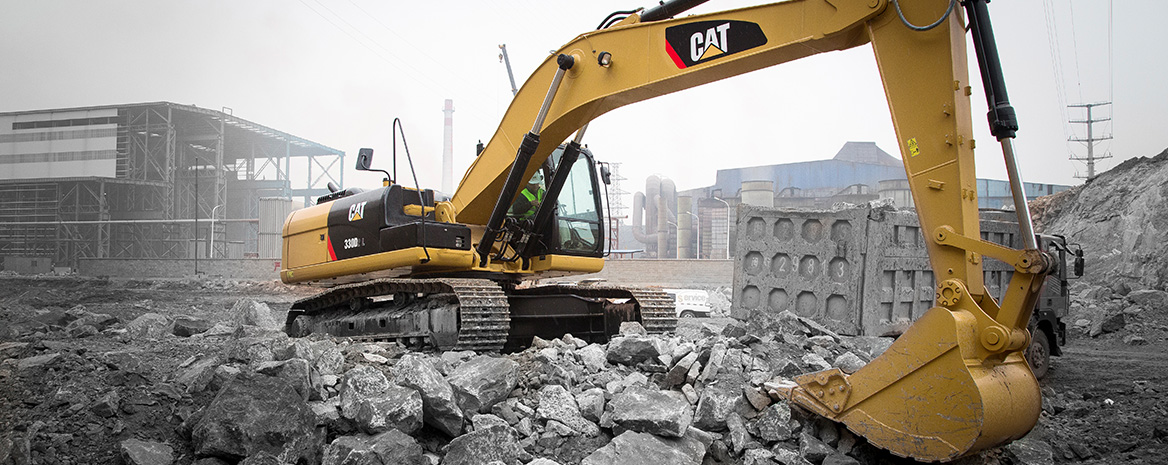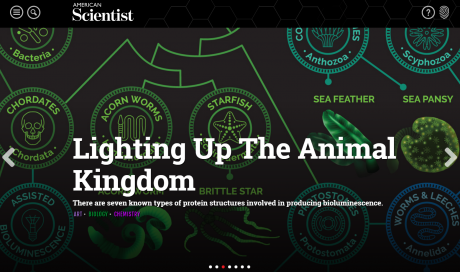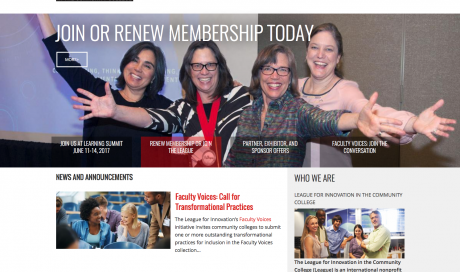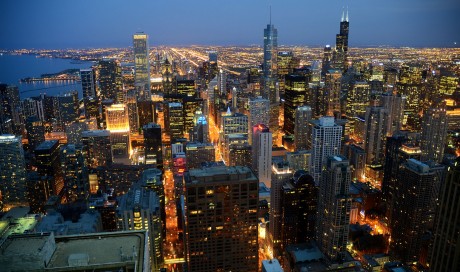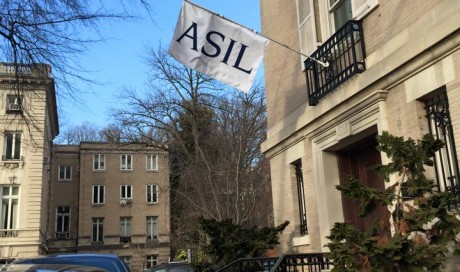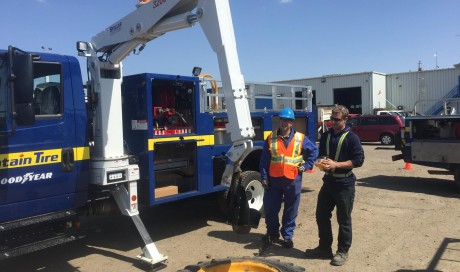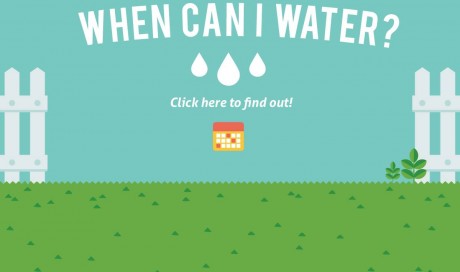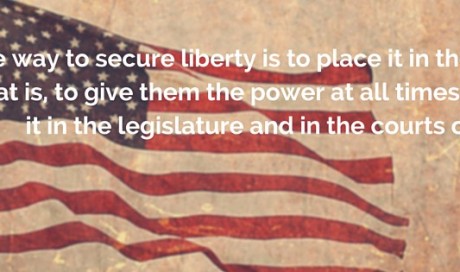- 2391 Views
- 0 Comment
- associaiton . disruption . disruptive technology . Uber .
A few months ago, I wrote a scene where a character called for a taxi to pick her up from the hospital. A friend of mine pointed out that she would have used Uber; taxi’s were going extinct. Uber has become the signal banner for modern “disruptive” technology, and “disruptive” technology has become the rally cry for young tech companies.
If you’ve recently had a consultation for your association’s tech presence, chances are the term “disruptive” has been tossed around more than a few times. And it sounds on point too. In the recent weeks, I’ve written here about how much the tides have shifted over the last few years. But I wouldn’t quite call it “disruptive”.
The term “disruptive” technology has become a code for “destructive”: it posties markets as a zero sum game. Uber doesn’t seek to exist along side taxi companies, they seek to replace them outright, in the same way Netflix (and other streaming services) demolished the video rental brick-and-mortar store front. The problem with “disruptive” technology, from the perspective of the association, is that it doesn’t exist to be a part of pre-existing communities, it’s aim is to supplant them completely.
This may sound like a Chicken Little, “the sky is falling” sentiment, though it shouldn’t. Video rental chains like Blockbuster Video failed because they were too entrenched in their old business model. They didn’t see the streaming revolution as something to be a part of, they viewed the concept as a whole as competition. The taxi market is suffering a similar dilemma. Not only have they been too slow to adapt to mobile-app integration, they also have far more stringent regulations for how they must operate. The later item might be their ultimate saving grace.
Uber has been involved in a myriad of controversies, from safety regulations, to compensation for drivers. While many cities have unions for taxi drivers, and there’s also a National Taxi Worker’s Alliance, Uber drivers aren’t even considered employees, and therefor receive none of the benefits. If it’s true that “you get what you pay for”, how secure do you feel that professional drivers are taking the road feeling under-compensated? With no standards for how their vehicles are maintained, and all of the maintenance costs being pushed onto the driver with no compensation, could this make our roads less safe than they already are?
The modern association lives in this area. We’ve asked before if free content is jeopardizing membership, and concluded that one of the association’s greatest assets is that it functions as a heaven for strictly vetted material. In the tech sphere, when it comes to content creation and delivery, “disruptive” usually means “cheap”. Just take a look at the flood of fake news stories from the 2016 election.
As the video above points out, “disruptive” ideas are nothing new, and when stripped of their fancy vernacular, can just mean a dip in quality to save a few dimes.
When looking at how to modernize your association, don’t put too much stock in catchy buzzwords like “disruptive” technology. Instead, look at the way people want to engage with you, and meet them on their grounds. Be a disruptor to the disruptors. Show them that quality isn’t a relic of the past. It may sound hokey, but isn’t that what associations are here for; to make the world a better place?
Comments
OUR RECENT
WORKS
-
American ScientistOnlineLearning
-
The League for…OnlineCommunity
-
California Association of…OnlineLearning
-
Building Owners and…OnlineCommunity
-
Indiana Bankers AssociationMobileFriendly
-
American Society of…OnlineCommunity
-
Tire Industry AssociationMobileFriendly
-
American Academy of…OnlineCommunity
-
National Association of…Commerce
-
American Society of…CMSIntegrationtoAMS
-
National Association of…DesktopApps
-
Long Beach Water…DesktopApps
-
Castaic Lake Water…OnlineLearning
-
Water Smart San…OnlineLearning
-
San Diego County…MemberSuite
-
Change Management InstituteMemberSuite
-
American Society of…CMSIntegrationtoAMS
-
American Association of…OnlineCommunity
-
Building Owners and…CMSIntegrationtoAMS
-
Council of Chief…CMSIntegrationtoAMS

